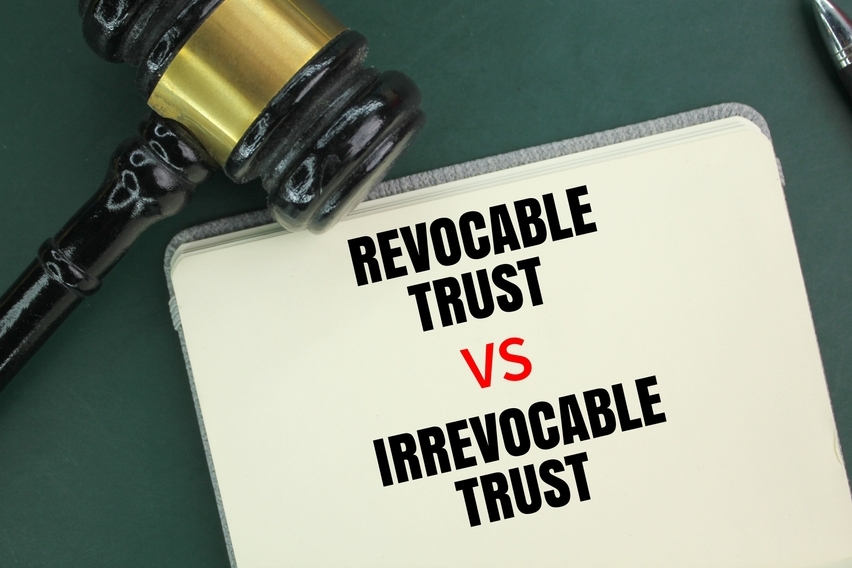
Planning your estate can involve much more than writing your will. Depending on your goals, you may consider creating a trust.
Trusts can be tailored for many purposes, but they are especially useful for protecting assets. Like your will, a trust can provide for your loved ones or favorite charities after your death, but it can also protect your assets while you are alive.
Living trusts
The two main categories of trusts are testamentary trusts and living trusts. Simply put, a testamentary trust goes into effect upon the person’s death. A living trust goes into effect while the person is alive.
When you create a living trust, you place assets in a trust, where it is controlled by a trustee for the benefit of people or entities known as the beneficiaries. The terms of the trust will name the beneficiaries and the trustee and can spell out how the assets are to be distributed.
Depending on your goals, you may name yourself as a beneficiary. In some cases you may even be able to name yourself as the trustee as well. This way, you have some flexibility in how you manage the assets in the trust.
Exactly how much flexibility you have depends on whether your trust is revocable or irrevocable.
Revocable trusts
If your trust is revocable, it means you retain the right to alter the terms of the trust — or to dissolve it altogether. Typically, the trust becomes like an irrevocable testamentary trust upon your death. This way, it has all the benefits of a testamentary trust while also giving you a great deal of flexibility with the trust while you are alive.
The main advantage is that you can alter the terms of the trust or access the assets if the need arises. The major disadvantage is that other parties may be able to access them as well.
In particular, these assets may be accessible to your creditors if you fall into debt. They may also be accessible by the IRS or the New Jersey state government.
Irrevocable trusts
If asset protection is important to you, an irrevocable trust may be a better option.
The disadvantage to an irrevocable trust is that you can’t easily change the terms of the trust or access the assets if your needs change. However, because access is strictly limited, it’s also much harder for creditors or others to pull assets from the trust.
Think carefully
When attorneys help you to plan your estate, they may present you with the option of creating a revocable or irrevocable trust. When deciding which type you want, consider what is most important to you: flexibility or asset protection.
Contact Us Today
Estate planning is essential for protecting your assets and ensuring your wishes are honored. At Ritigstein Law, our experienced attorneys are here to guide you through creating the right trust for your needs.
Whether you're considering a revocable or irrevocable trust, we offer personalized legal guidance to help you make informed decisions. Secure your future and provide for your loved ones with our expert assistance.
Contact us today by filling out our online contact form, and we will get back to you promptly.






